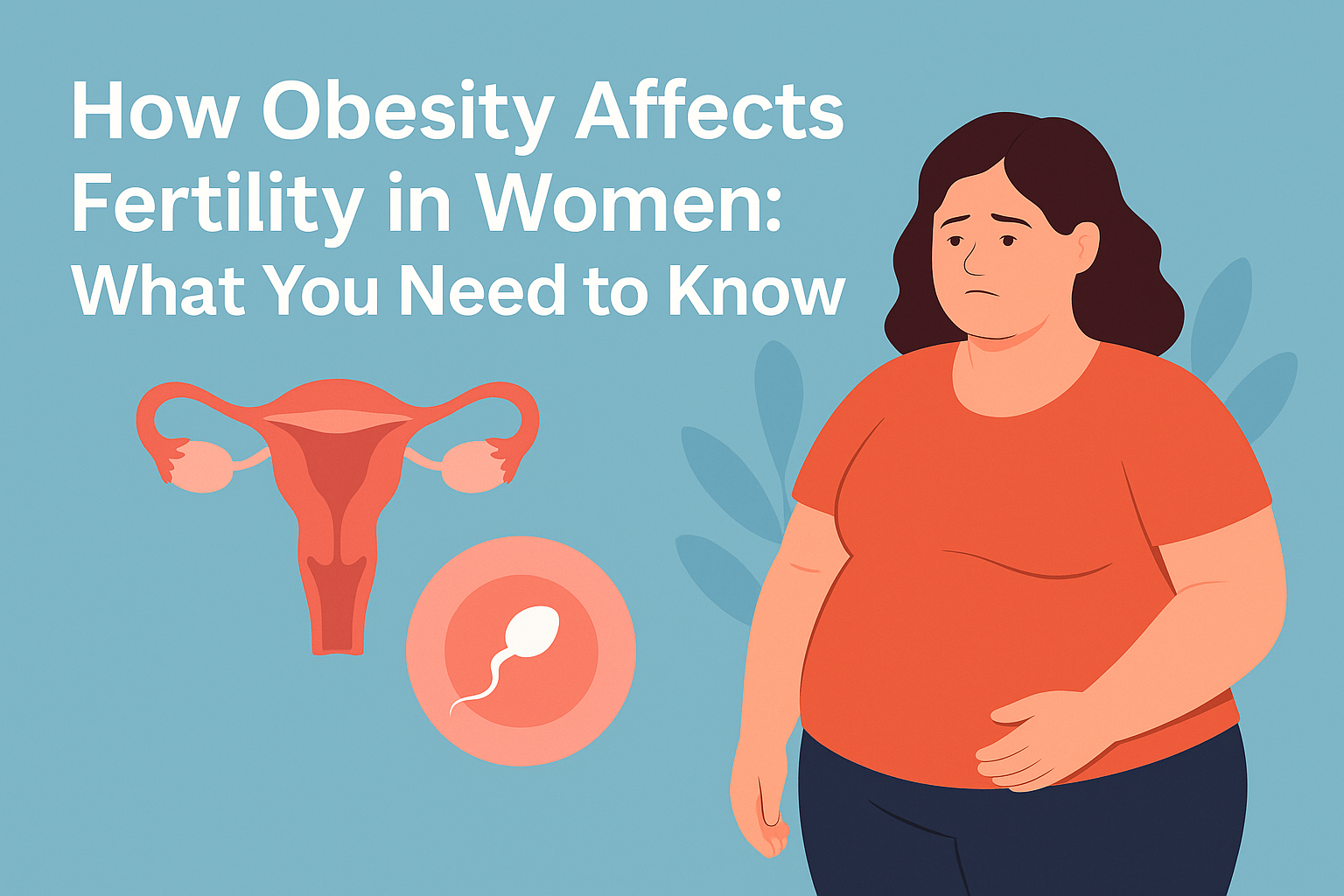
- Healthful Living Insights
Dealing with Polycystic Ovary Syndrome in your daily life

Polycystic Ovary Syndrome (PCOS): A Growing Concern
Polycystic Ovary Syndrome (PCOS) is a common hormonal disorder affecting women of reproductive age. The condition gets its name from the polycystic appearance of the ovaries, which are often enlarged and contain numerous small cysts along the outer edge. While this is a common feature, not every woman with PCOS exhibits this symptom.
According to The Mayo Clinic, PCOS is increasingly becoming a part of everyday conversations, much like diabetes, obesity, or lower back pain. In India alone, several studies have found that as of 2015, one in 10 women suffers from PCOS.
Early Signs of PCOS
The most common early signs of PCOS include irregular periods, or even skipped periods, especially if you are not pregnant. Other signs include acne and hirsutism (excessive hair growth in areas like the face, chest, or back). If you’ve noticed any of these symptoms, especially if your periods have become irregular and you’re experiencing acne like you did in your teens, it’s a good idea to get examined by a healthcare professional.
The Impact of PCOS on Health
PCOS can lead to a variety of health issues if left untreated. These can include:
- Weight gain and obesity
- Increased risk of Type 2 diabetes and gestational diabetes
- High blood pressure
- Irregular cholesterol and lipid levels
- Sleep apnea
- Uterine bleeding
While medication plays an important role in managing PCOS, diet and exercise are crucial for effective management. Everyone in the medical community agrees that lifestyle changes are key to managing the condition.
Lifestyle Tips for Managing PCOS
1. Exercise Regularly
If you have PCOS, physical activity is non-negotiable. Aim to exercise at least five days a week. To keep things interesting, mix it up — go for a brisk walk, join a yoga class, try Zumba or dance exercise, hit the gym, or even swim. The key is consistency and finding an activity you enjoy.
2. Manage Stress
PCOS is aggravated by stress, and in today’s busy world, stress is a constant companion for many of us. To help manage it, carve out at least 15 minutes a day for quiet time or meditation. You might feel like there’s no time, but prioritizing your health is essential. Consider waking up a little earlier to enjoy a peaceful cup of herbal tea, or listen to your favorite music in the car without distractions.
There are plenty of guided meditations online, ranging from just two minutes to two hours. Find one that works for you and incorporate it into your routine.
3. Focus on Healthy Eating
What you eat plays a huge role in managing PCOS. Make sure your diet is rich in fiber and essential fatty acids. Here’s what to include in your meals:
What to Add to Your Diet
Fibre-Rich Foods:
- Whole grains like ragi, jowar, bajra, and rajgira
- Leafy vegetables
- Fruit (preferably whole fruits, with the peel on)
- Nuts and seeds: almonds, walnuts, pumpkin seeds, sunflower seeds
Omega-3 & Essential Fatty Acids:
- Oily fish
- Flax seeds and flaxseed oil
- Soya beans and soya oil
- Sunflower oil
- Olive oil
- Almonds, walnuts, brazil nuts, soya nuts
- Pumpkin seeds
- Kidney beans, navy beans, haricot beans
- Berries like raspberries and strawberries
- Cauliflower, green beans, tofu
Stay Connected and Informed
It’s important to stay informed and be proactive about managing PCOS. Regular check-ups are essential, and staying in touch with your healthcare provider will ensure you’re on the right track.
Resources for Further Support
For additional support and resources, consider exploring meditation apps, reading books on wellness, or joining online communities dedicated to PCOS management.
By making simple yet consistent changes in diet, exercise, and stress management, you can live well with PCOS. Stay committed to your wellness routine and listen to your body.

© 2025 Copyright : DHI | POWERED BY PEPMEDIA









